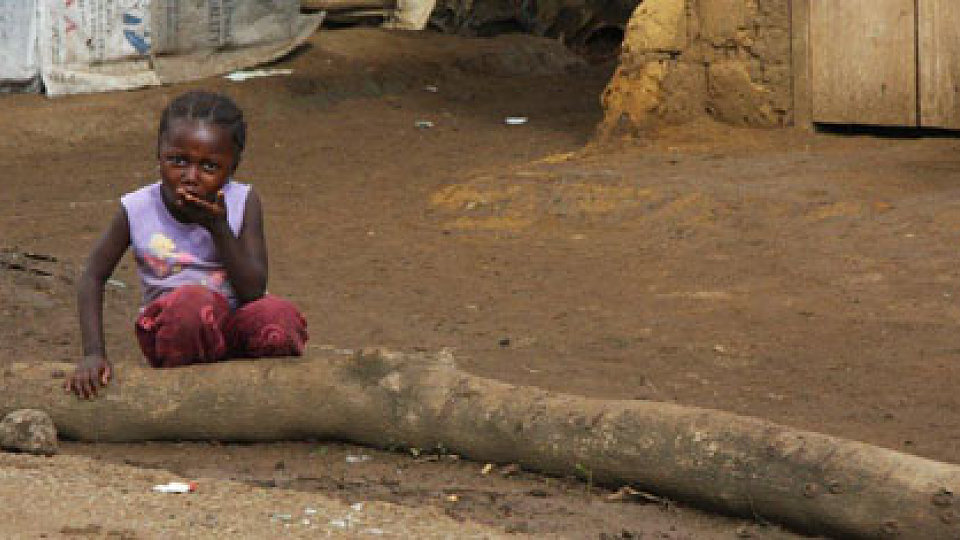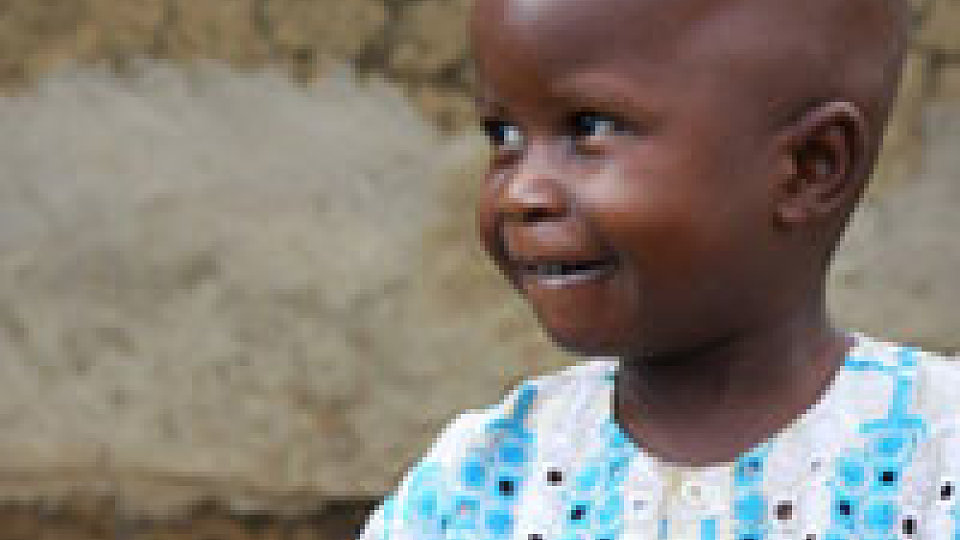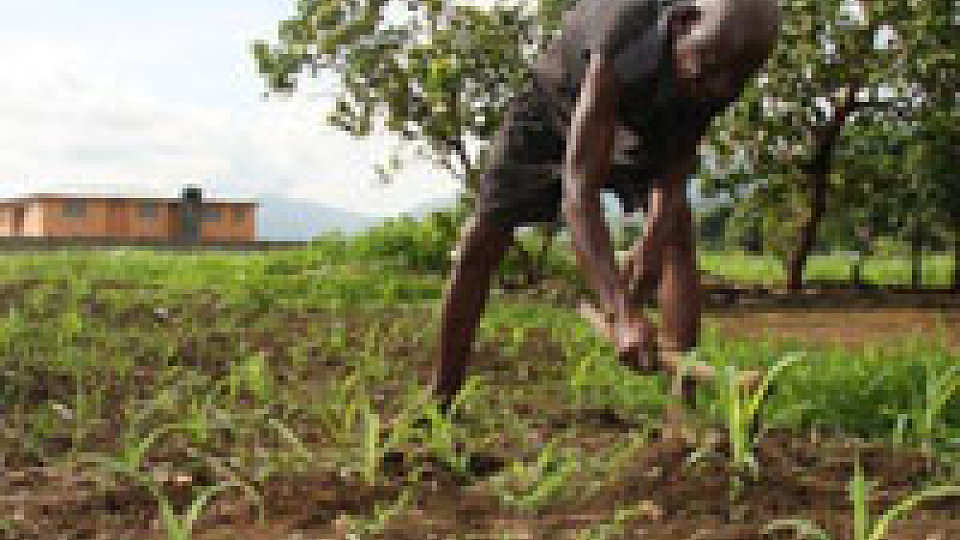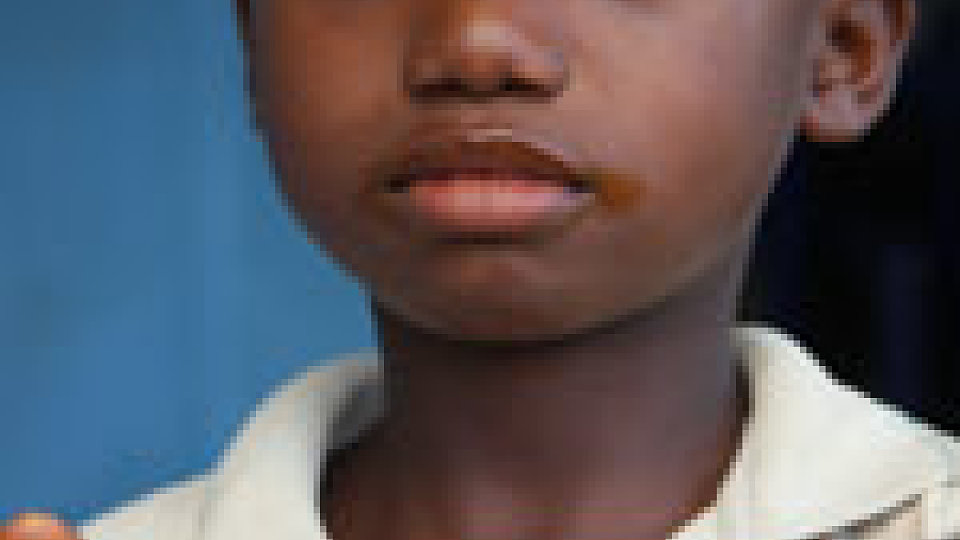Buckner in Sierra Leone Helps Families Achieve Self-Sufficiency
By Lauren Hollon Sturdy
Buckner International
Half of the population of Sierra Leone lives on less than $1 a day. In this country, people do what they can to scrape by.
Traders and vendors line the country’s roads, selling everything from produce to phone cards, drinking water and batteries. Women work as farmers, hairdressers, soap makers and traders, when they can find the opportunities and resources. Men work in the mines, for the police force or government, in fishing, construction, farming or petty trading, if anyone can pay them.
But with unemployment levels between 70 and 90 percent in some areas, just finding work is a job in itself. Many families are doing well to eat one meal a day, and getting that much takes all the resources they have.
Sierra Leone’s decline
The economy and job market wasn’t always this bad. There was a time in Sierra Leone’s history when their currency, the Leone, was stronger than the dollar. But that was before the brutal, 11-year civil war that left more than 50,000 people dead and hundreds of thousands of children orphaned.
The war ended in 2002, and the country is still recovering. As Sierra Leone tries to grow its economy and continue to develop, poor families everywhere struggle daily just to get by and find enough to eat.
Project Restore Hope steps in
In October 2008, Global Connection Partnership Network (GCPN), a non-denominational faith-based network of churches and partners, banded together with the University of Texas in Arlington and representatives from an Arlington church to visit Sierra Leone on an exploratory trip to see how these organizations might help Sierra Leoneans rebuild their country.
“Our team met with government agencies and church leadership there and orphan care was identified as the primary need,” said Cindy Wiles, executive director of GCPN. “They were particularly concerned with street children, orphan care and interim care. We heard that from everybody we talked to, and so Buckner was the natural and first choice for that role.”
GCPN invited Buckner to be involved in Project Restore Hope: Sierra Leone, along with the University of Texas at Arlington, the Baylor University Louise Herrington School of Nursing, and several other partner organizations.
Together, the organizations are working in Pujehun, Grafton and Mile 91, three impoverished communities where 244 families caring for 370 orphaned children are moving toward self-sustainability.
These families were identified by Buckner staff for agricultural empowerment and foster/kinship care programs based on two criteria: They are fostering orphaned children, and they are desperately poor. Of the 244 families, 174 are single-parent households headed by women, said Randy Daniels, vice president of global initiatives for Buckner International.
“They are a nice, tight-knit community who are very interested in taking care of their own,” Daniels said. “It’s their mindset that these children are their responsibility.”
Food security improves
One facet of helping these families become self-sufficient is making them food secure. Through a $205,000 food sustainability grant awarded by a partner Baptist organization, families are currently working cooperatively to grow rice and peanuts, two staple crops in Sierra Leone, on plots of land in their villages.
The grant provided funding for the first year of start-up seeds, tools, the help of two agricultural experts, and monthly food packets to supplement the families’ diets until their farms produce enough to sustain them. The food packets are especially important during the first year of planting, because most of this year’s harvest will be committed to seed to be replanted in the next growing season.
“The real challenge for these families right now is delayed gratification,” Wiles said. “They won’t see any agricultural reward really until year two. They’re committed to it, but encouraging the people to keep up the work is hard.”
The grant fully funded the agricultural program for Grafton and Mile 91. Foster families in Pujehun receive monthly food packets and have planted two acres of cassava on their own to help jump-start their food security program until they are able to receive further assistance to grow rice and peanuts.
“In all three communities, hunger, starvation and malnutrition are not destabilizing families any longer due to the monthly supply of food,” said Alfred Kargbo, Buckner country director for Buckner Sierra Leone. “Orphans and their caregivers do not have to worry about what to eat and have experienced an improvement in their nutritional health. Many of these families now command high respect and have restored their dignity because they do not borrow money or beg for food.”
Buckner aid continues
Buckner Sierra Leone hired Kargbo in August 2010 as the one full time in-country employee. There are two other staff members – an accountant and an administrative assistant – who are both part time.
Kargbo’s first few months on the job were spent identifying and assessing families for participation in the empowerment programs and recruiting and training volunteers to help deliver foster and kinship care services. He currently relies on a core of 22 dedicated university volunteers from The Evangelical College of Theology in Jui.
“The really unique thing right now is that the foster casework is primarily being done through these volunteers, who are supervised by Alfred,” Daniels said. “We try to help them with their college fees in lieu of a stipend. They’re assessing for needs, working a plan with the family and doing typical foster and kinship care kinds of things.”
In addition to his volunteer caseworkers, Kargbo recruits professionals from universities, the government and other NGOs to provide teaching and training on a volunteer basis.
Kargbo said he and his volunteers, in talking with families, have found an interest in developing marketable skills and starting small businesses to remain self-sufficient during non-harvesting seasons. Kargbo hopes to develop training programs in gara tie-dyeing, soap making, weaving and tailoring.
Buckner Sierra Leone is focused on creating self-sufficiency, rather than reliance on handouts, said Daniels.
“There’s not a lot of financial and resource support they can get from their community. That’s why empowerment is so important to wrap around our foster and kinship families,” he said. “Foster families typically come from the middle class. In Africa, they’re coming from poor families, so to make them independent we have to work on developing a sustainable income for the family, as well as the usual casework we provide.”
For more information about Buckner Sierra Leone, click here.










Add a Comment